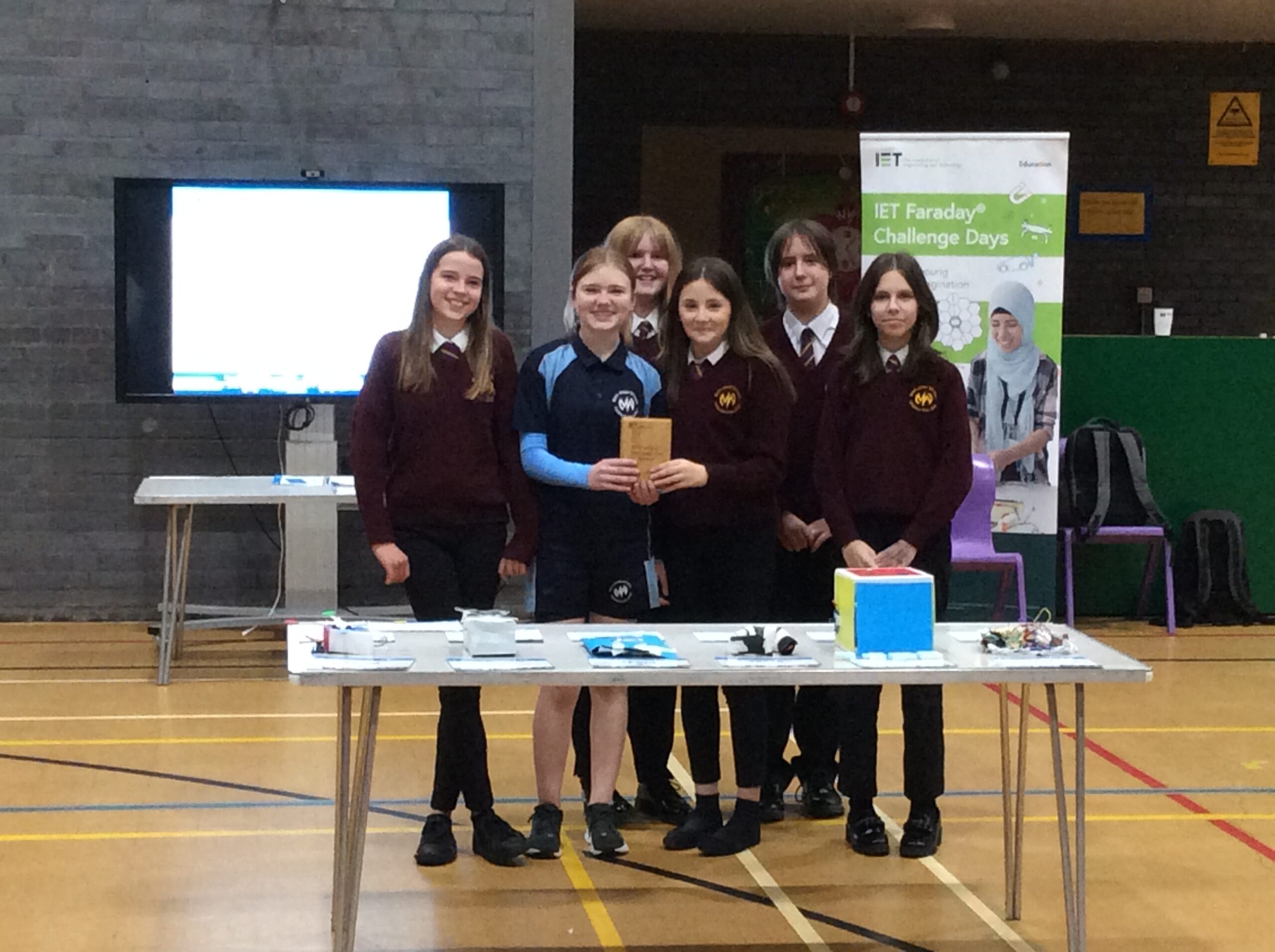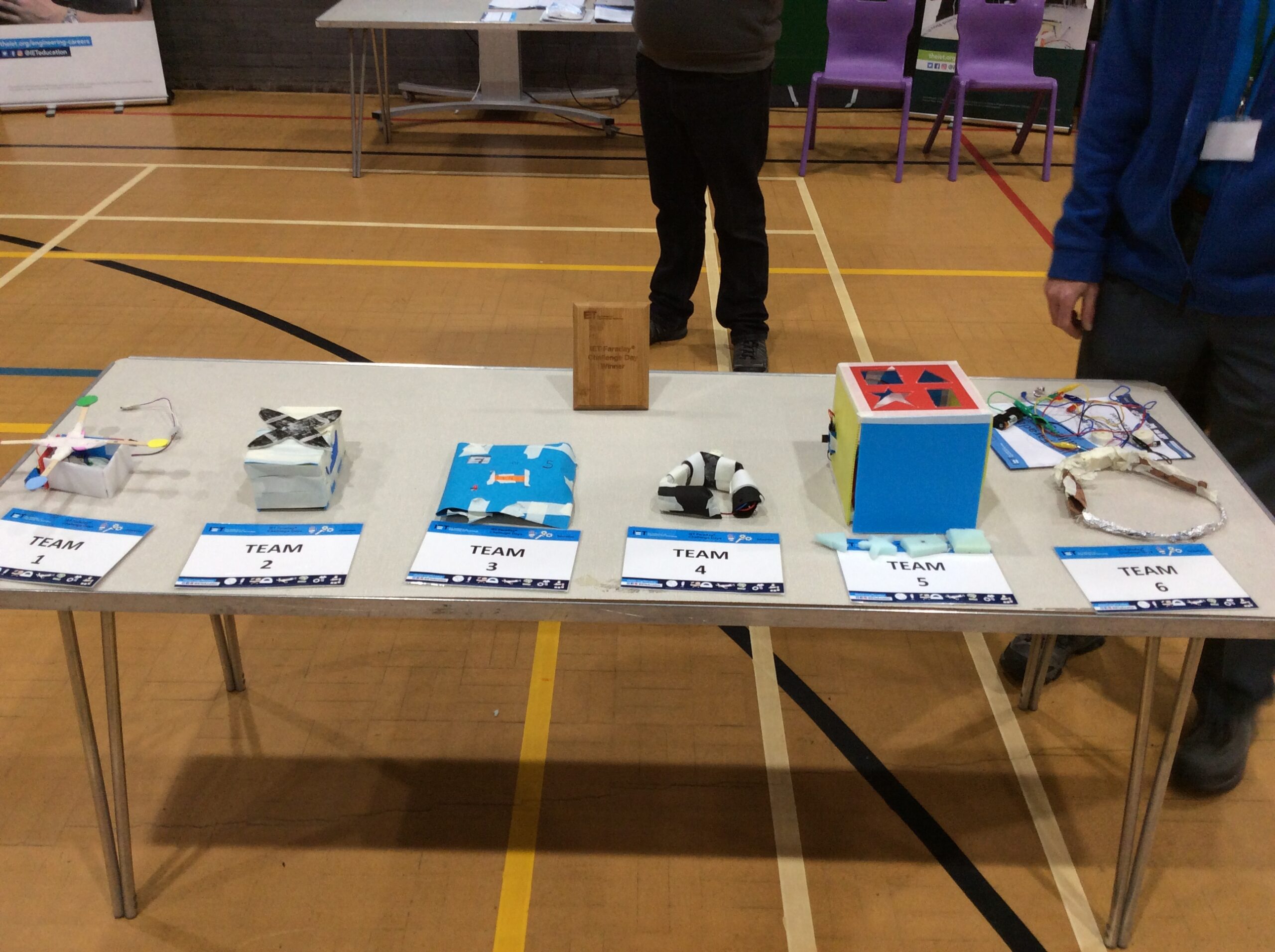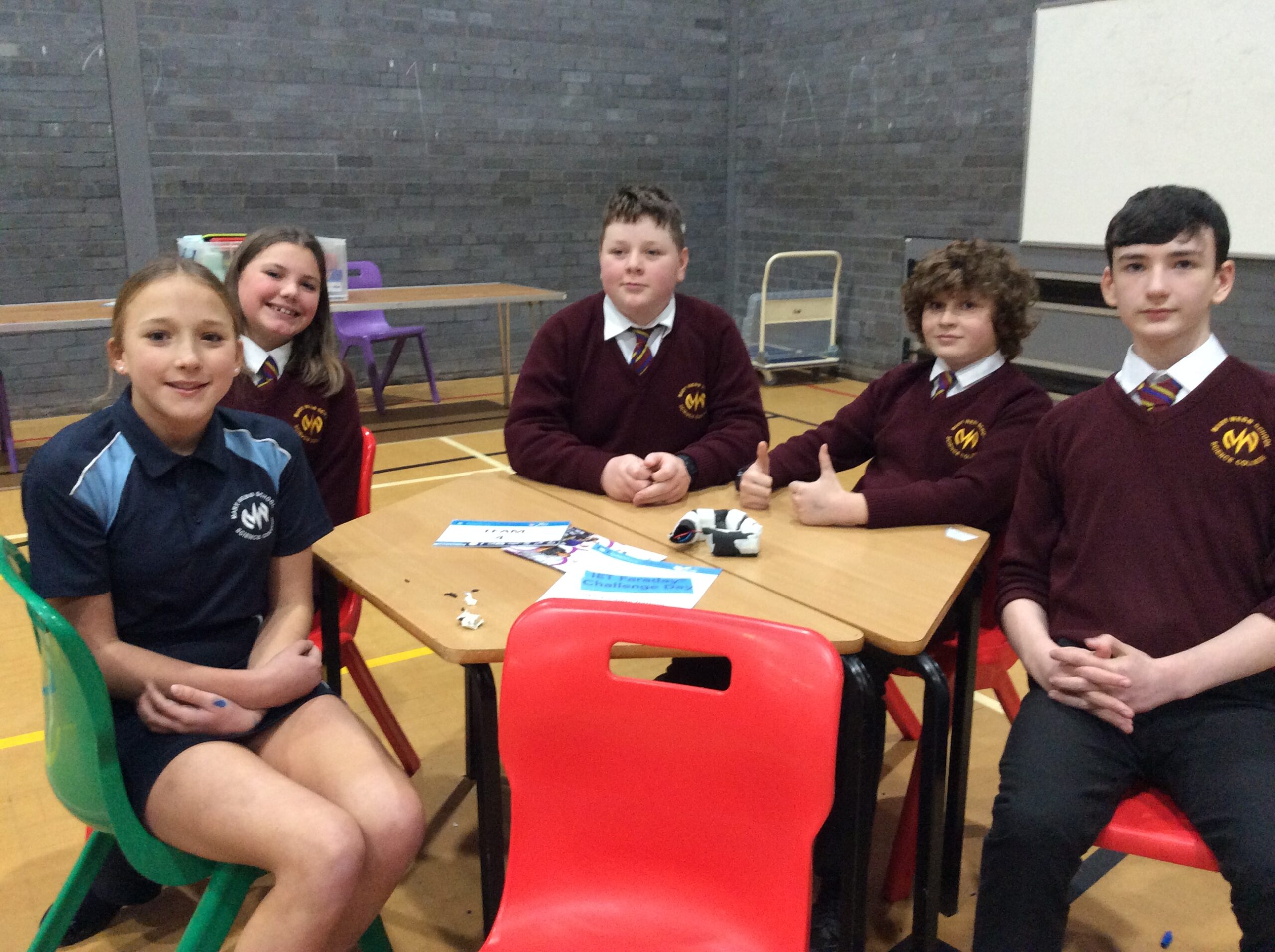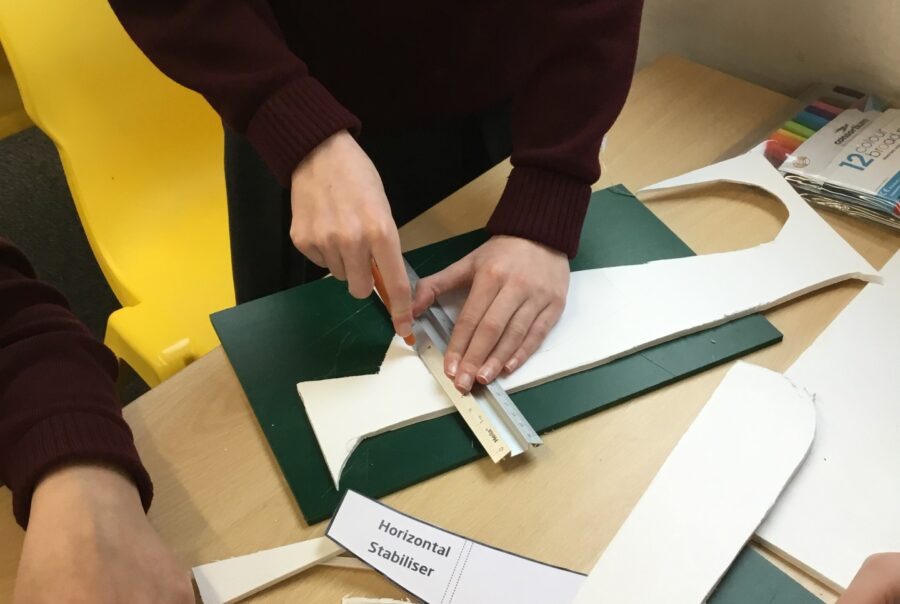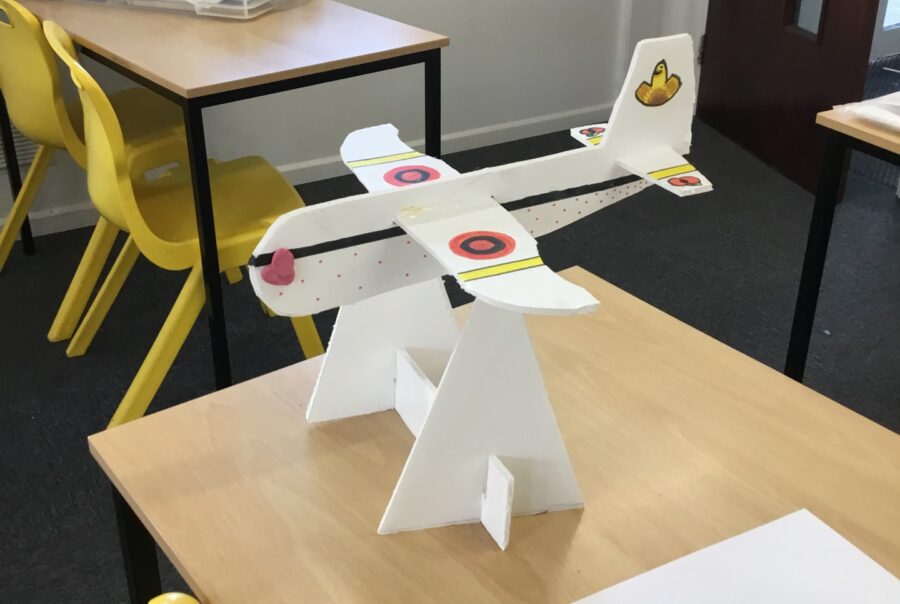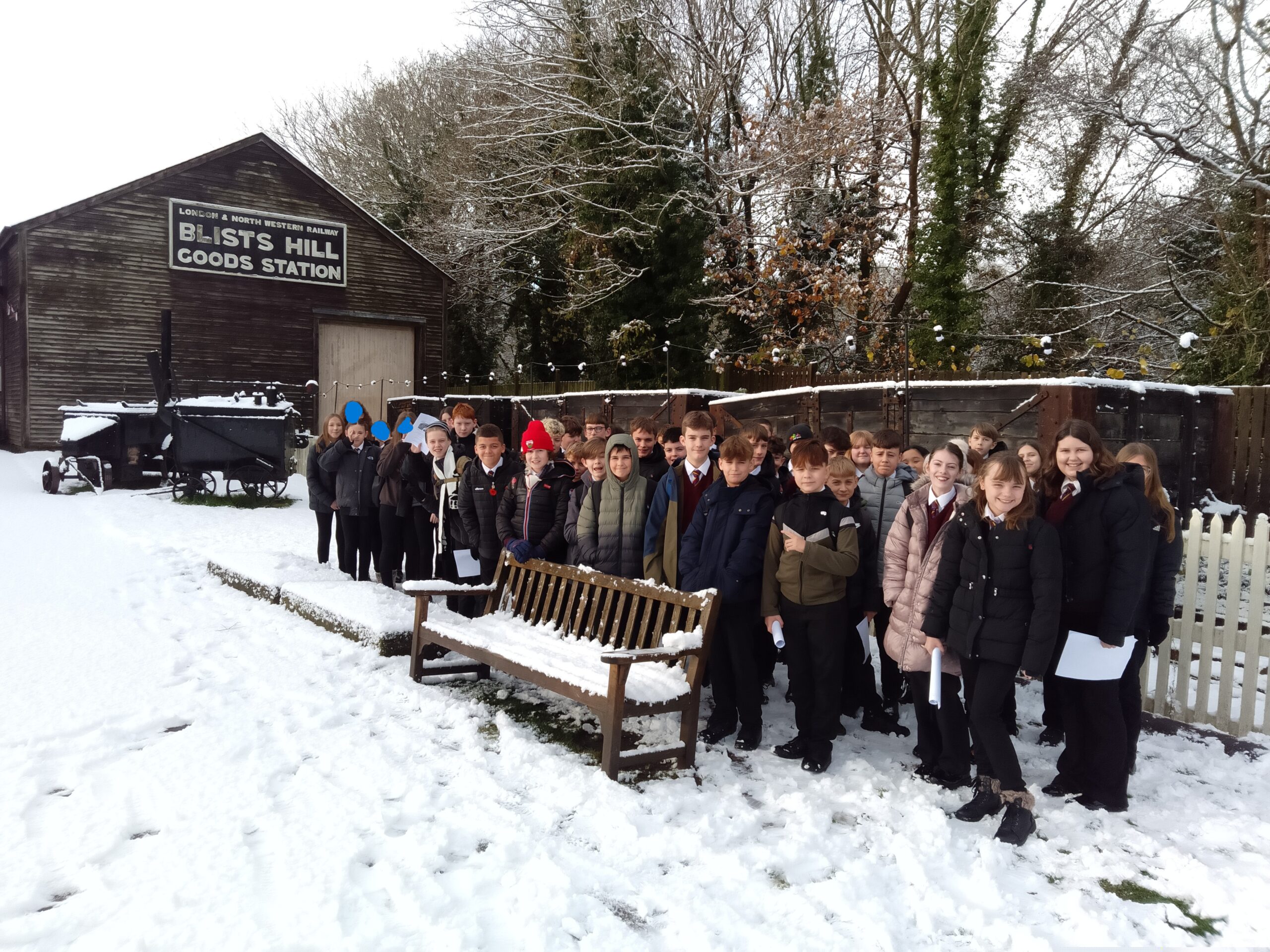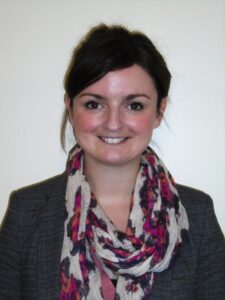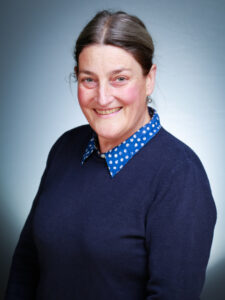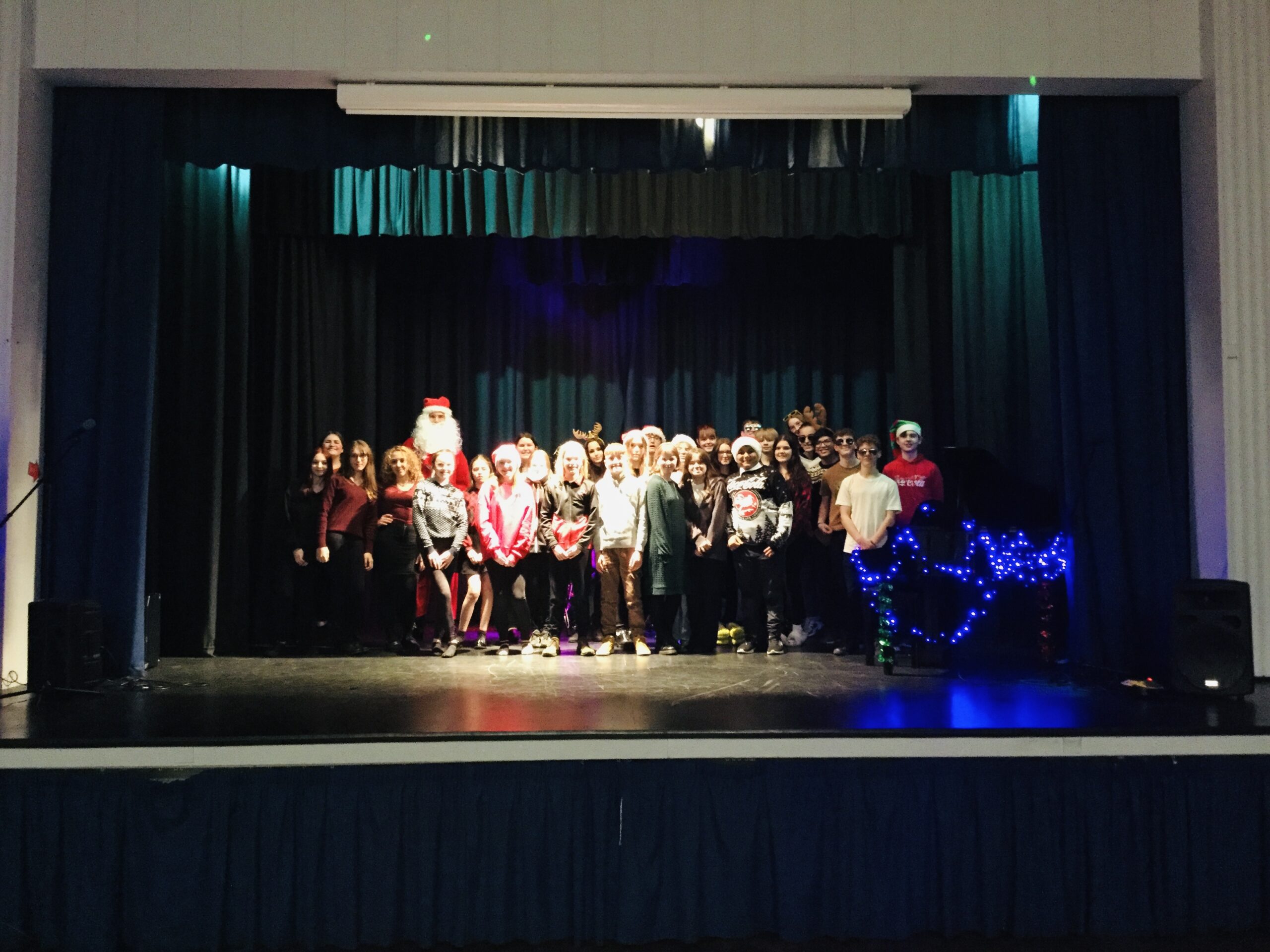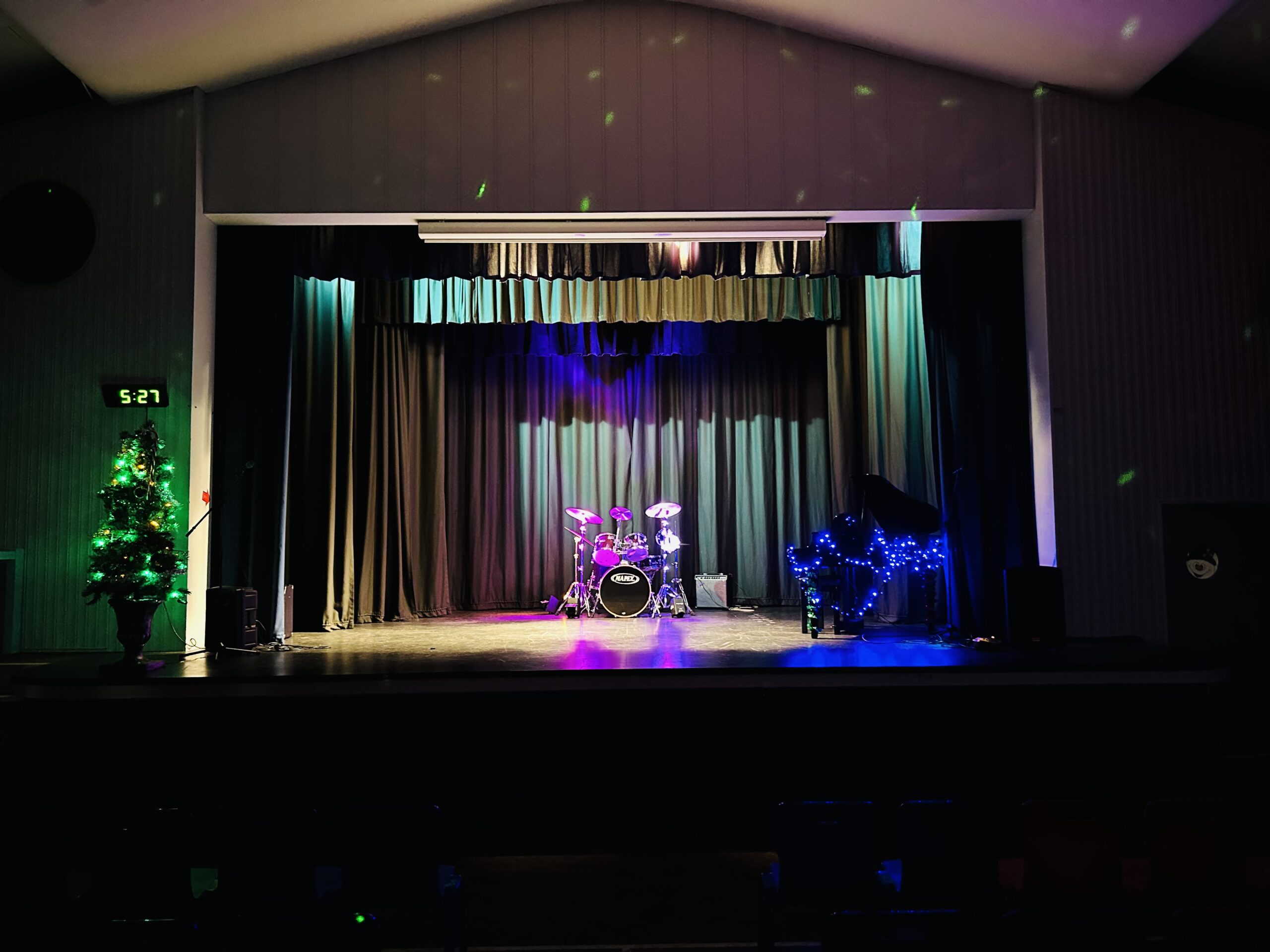We have started this year with a lot of achievements and successes, both collective and individual, with some of these included in this term’s edition of the Webberzine.
Firstly, our 2024 GCSE results were an improvement from 2023’s results, continuing the upward trajectory in our overall progress performance. With a positive Progress 8 score of +0.08, we have moved up to 5th out of all schools in Shropshire. This is a fantastic achievement and is a fitting testament to the combined efforts of the students in this cohort and how well they engaged with the support given by their class teachers. You can view the performance tables for Shropshire here:
Our Head Boy, Leon, and Head Girl, Tilly, joined me on BBC Radio Shropshire, every Friday morning in September, in their Winner Stays On quiz. We enjoyed a winning streak which earned us the right to have our own ‘walk-on’ music, which we asked one of our school bands, Kaos, to perform. Tilly, Leon and I were thrilled to be able to give band members David, Natasha, Sam, Will M and Will R the chance to perform on local radio, their cover of Green Day’s Boulevard of Broken Dreams. Our winning streak has earned us a place in the Champion of Champions round of Winner Stays on, with our appearance in the semi-final being at 9am on Thursday 19th December.
During this edition of the Webberzine, you will get to read about some of our Curriculum Day trips to Harper Adams University and Blists Hill – contrasting visits as the former looks to the future, with the latter looking at the influence of the past on our lives today. You will also find out more about our students’ achievements in articles on some of the STEAM extra-curricular activities we have taken part in this term – the RAF’s Glider Challenge and the Faraday Challenge. And just before the October half-term, we held our annual STEAM Awards, which recognises and celebrates the achievements of our students, in the STEAM subjects. The overall award for STEAM Student of the Year was given to Rohan France.
There were plenty of individual achievements spanning the term, with many students making fantastic progress in their academic, reading and sporting endeavours. Accelerated Reader achievements, which recognise this important part of Mary Webb School and Science College life, are included a bit later on. In sports news, we there is an article on a brother and sister who, through sustained high performance and effort, are excelling in their chosen team sports – this is as much about their physical fitness as it is about their character.
Sticking with the theme of character, three of our Year 8 students, Maisie, Konrad and Jayden, embodied our value of being supportive, when coming to the rescue of an 87-year-old lady who took a fall in Pulverbatch. She had been on the floor for around half an hour, before our three students heard her calls and came to her aid. They enlisted the help of a person in a nearby house, as they were unable to safely help the lady to her feet on their own. The lady took the time to write to me at the end of November to make me aware of the kindness shown to her by our students.
After half-term, we welcomed a broad range of over 40 employers, post-16 providers and higher education institutions into school for our annual Careers Fair. You can read more about this towards the end of the Webberzine.
To conclude the term, there was our Annual Christmas Showcase, which was our best attended yet. You’ll enjoy reading about it and seeing some of the photos of our talented performers in the section of the Webberzine which covers it.
On behalf of the students, staff and governors of Mary Webb School and Science College, we hope you all have a fun-filled and festive end to the year, as you all enjoy a restful and relaxing break with your family and friends.
Best wishes for a Merry Christmas and a Happy New Year.
Mr P J Lowe-Werrell
Headteacher


